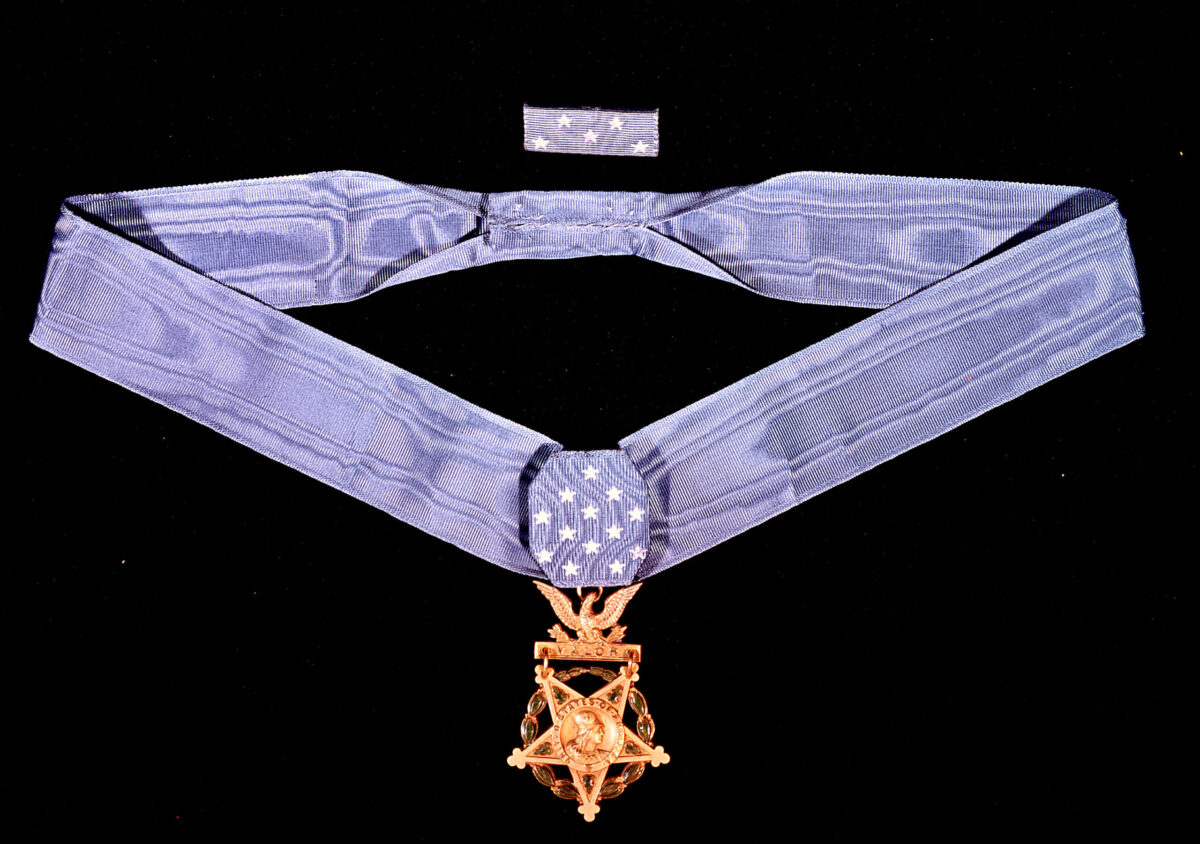After nearly 56 years, retired Captain Paris Davis, one of the first Black officers in the Special Forces, may finally receive the nation’s highest military award for valor: the Medal of Honor.
On June 18, 1965, the then 26-year-old Davis and three other Special Forces soldiers alongside a group of South Vietnamese soldiers were airdropped into a remote farming district of Binh Dinh Province. As the raid commenced, the small team began flushing out enemy soldiers — catching many still asleep on their cots.
However, at a bugle call, North Vietnamese reinforcements began a counterattack, descending quickly onto the ragtag force. Davis, according to the New York Times, “spent the next 10 hours holding off waves of attackers, some getting close enough that he killed one with the butt of his M-16.”
Part of Davis’ trigger finger had been torn off during the fight, and, certain that he would not survive, he began shooting his M-16 with his pinkie.
During the North Vietnamese counterattack, Davis’ team suffered mounting casualties. The weapons specialist had been knocked out by a mortar blast; the team’s only medic was shot through the head; a sniper bullet shattered the knee of the master sergeant. Shot multiple times himself, Davis refused to leave his men — sprinting several times across the open rice field to carry his wounded comrades to safety.
“Am I going to die?” Davis recalled the medic mumbling to him. “Not before me,” came his reply.
For his actions that day Davis was immediately nominated for the Medal of Honor.
“He has showed as much cold courage as any human I’ve ever heard of,” Davis’ commander, Major Billy J. Cole, told the newspaper that covered their home base at Fort Benning, Georgia.
But the Army “somehow lost the nomination.” Frustrated, Cole resubmitted the paperwork only to find that the nomination disappeared once again.
Fellow soldiers repeatedly told the Army that Capt. Paris Davis, one of the first Black officers in the Special Forces, deserved the Medal of Honor, but the Army kept losing the paperwork. His teammates think it was because of his race. https://t.co/5DPvhjuO5X pic.twitter.com/zelmIQiupm
— NYT At War (@NYTimesAtWar) February 15, 2021
His comrades, writes the Times, “pushed several more times over the years for the medal, only to be met, they said, with silence and indifference.”
Many veterans who have been pressing for Davis’ nomination all these years believe the process has been stymied for one reason only: his race.
“What other assumption can you make?” said Ron Deis, who was the youngest soldier on the team in 1965, told the Times. “We all knew he deserved it then. He sure as hell deserves it now.”
On Monday, according to the Times report, Acting Defense Secretary Christopher Miller has “personally ordered an expedited review of the lost nomination, to be completed by March.” That report will then be sent to the Secretary of the Army, then passed to the Secretary of Defense, before ultimately being placed on President Joe Biden’s desk.
For Davis, his actions that day in the Binh Dinh Province wasn’t about race. In a 1969 episode of the Phil Donahue Show, Davis stated that soldiers forget the Black and white divide when they are fighting together.
“We’re a kin,” he said. “Not ethnically, but by virtue of being Americans.”





